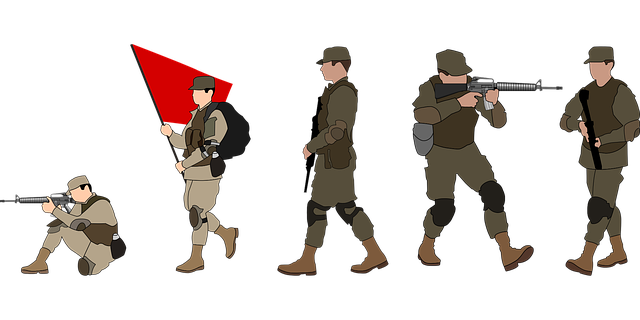The US Army Special Forces (Green Berets) actively contribute to youth education through strategic partnerships, offering specialized training and mentorship focused on critical thinking, leadership, and resilience. Utilizing innovative teaching techniques like tactical proficiency, cultural sensitivity, and adaptive learning strategies, their curriculum includes interactive exercises, real-world simulations, and scenario-based training. These programs emphasize life skills, discipline, and resilience, preparing young individuals for careers in diplomacy, intelligence, or international development. Despite challenges in content tailoring, cultural sensitivity, resource allocation, and infrastructure, technological advancements and partnerships promise innovative solutions for effective global education delivery.
The US Army Special Forces, renowned for their tactical prowess, are increasingly recognized for their unique contribution to youth education. This article explores their pivotal role in shaping young minds through innovative teaching methodologies. We delve into the benefits and impact on learners, while also addressing implementation challenges. By examining these aspects, we highlight the potential future prospects of integrating Special Forces expertise into educational programs, leveraging their proven strategies to empower and inspire the next generation.
- The Role of US Army Special Forces in Youth Education
- Unique Teaching Methodologies Employed by Special Forces
- Benefits and Impact on Young Learners
- Implementation Challenges and Future Prospects
The Role of US Army Special Forces in Youth Education
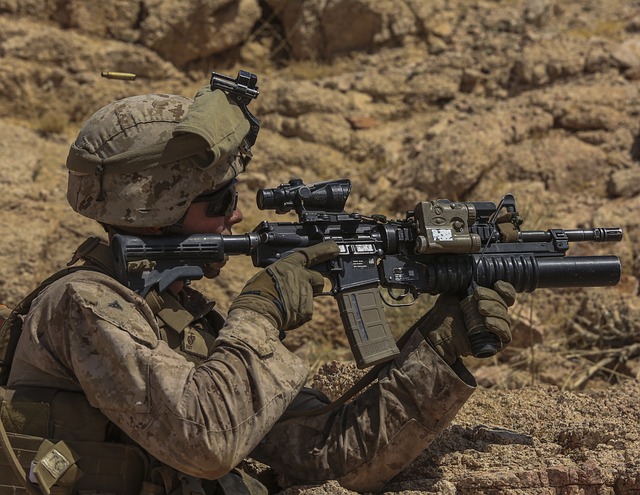
The US Army Special Forces, renowned for their exceptional operational capabilities, also play a unique and profound role in youth education. Through partnerships with civilian educational institutions and community organizations, they contribute to shaping young minds by offering specialized training and mentorship programs. These initiatives often focus on developing critical thinking, leadership skills, and resilience—qualities essential for success in both academic pursuits and future careers.
Special Forces veterans bring a wealth of experience and expertise in high-pressure situations, survival, and strategic planning. They facilitate workshops and seminars that engage youth, teaching them valuable lessons about discipline, teamwork, and adaptability. Such interactive learning experiences not only enrich academic studies but also prepare young individuals to navigate the challenges of modern life, fostering a generation equipped with the tools to excel in an ever-changing world.
Unique Teaching Methodologies Employed by Special Forces
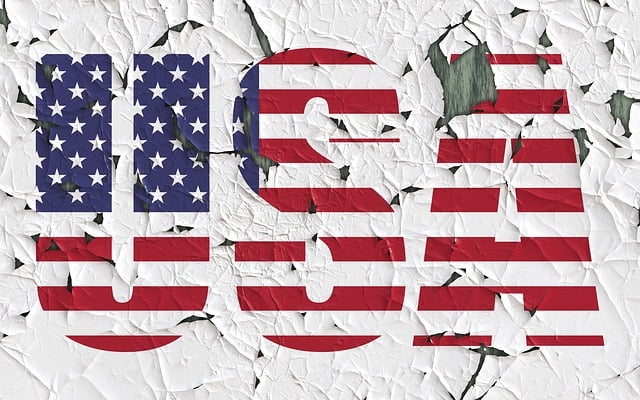
The US Army Special Forces, often referred to as the Green Berets, are renowned for their rigorous training and innovative teaching methodologies. They employ a unique blend of tactical skills, cultural awareness, and problem-solving strategies that have proven effective in diverse global environments. One of their distinct approaches is the emphasis on adaptive learning, where instructors tailor their methods to suit individual student needs and cultural contexts. This involves flexible lesson plans, interactive exercises, and real-world simulations to engage students actively in their education.
Special Forces educators also incorporate storytelling, scenario-based training, and cross-cultural exchange programs to make learning experiences more dynamic and memorable. By drawing from real-life operations and diverse cultural perspectives, these teaching methodologies foster a deeper understanding of complex global issues and prepare youth for successful careers in fields like diplomacy, intelligence, or international development—skills that extend far beyond traditional classroom settings.
Benefits and Impact on Young Learners
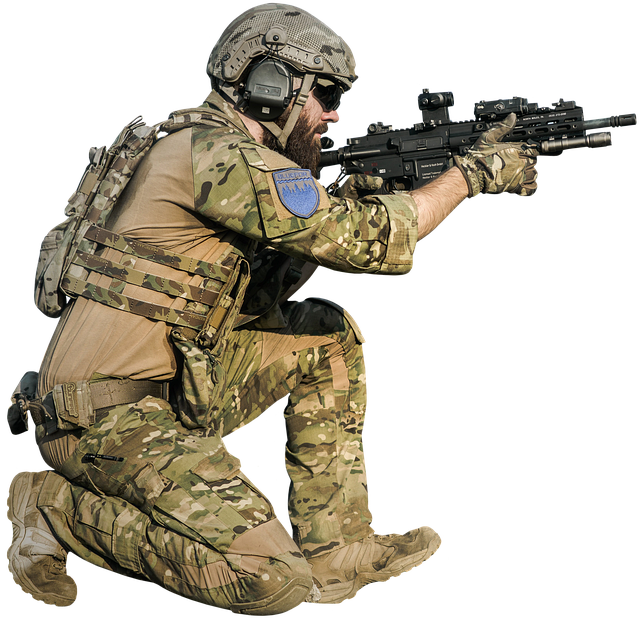
The educational programs inspired by the US Army Special Forces offer young learners a unique and impactful learning experience. These programs emphasize not just academic knowledge but also crucial life skills, leadership, discipline, and resilience—values deeply embedded in the ethos of the Special Forces. By integrating these principles into the curriculum, youth are equipped with tools to navigate challenging situations, foster teamwork, and cultivate a strong work ethic from a young age.
The benefits extend beyond personal development; these programs promote a sense of purpose and self-awareness, encouraging students to set ambitious goals and develop strategies to achieve them. The structured environment, similar to that of the Special Forces training, cultivates discipline, attention to detail, and the ability to thrive under pressure—skills invaluable for academic success and future endeavors. This holistic approach to education prepares young individuals to become well-rounded leaders capable of making a positive impact in their communities.
Implementation Challenges and Future Prospects
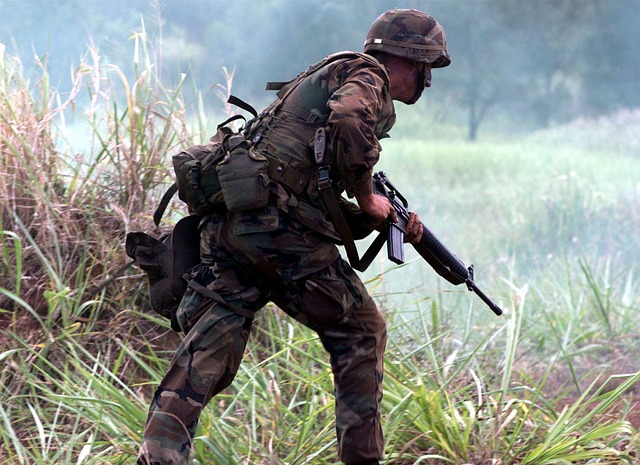
Implementing educational programs for youth, especially those inspired by elite models like the US Army Special Forces, comes with its unique challenges. One significant hurdle is tailoring content to cater to diverse learning styles and individual needs while ensuring inclusivity and cultural sensitivity. The intensity of training required for these programs can also be a barrier, as it demands dedicated resources, highly trained facilitators, and suitable infrastructure.
Despite these challenges, the future prospects are promising. With advancements in technology, online platforms offer new avenues for delivering specialized content globally. Moreover, collaborative partnerships with organizations like the US Army Special Forces could enhance program effectiveness, providing access to their expertise, real-world insights, and unique training methodologies. Such collaborations can foster innovative pedagogical approaches, making these educational initiatives more impactful and better equipped to prepare youth for real-world challenges.
The integration of US Army Special Forces’ expertise into educational programs for youth offers a unique and impactful approach to learning. By employing their specialized teaching methodologies, these programs provide young learners with enhanced critical thinking skills, resilience, and cultural awareness. While challenges exist in implementation, the benefits are profound, fostering not only academic growth but also personal development that can shape the future of these students. As we look ahead, further exploration and collaboration between educational institutions and Special Forces could unlock even greater potential, ensuring a brighter and more prepared generation for the tasks ahead.
